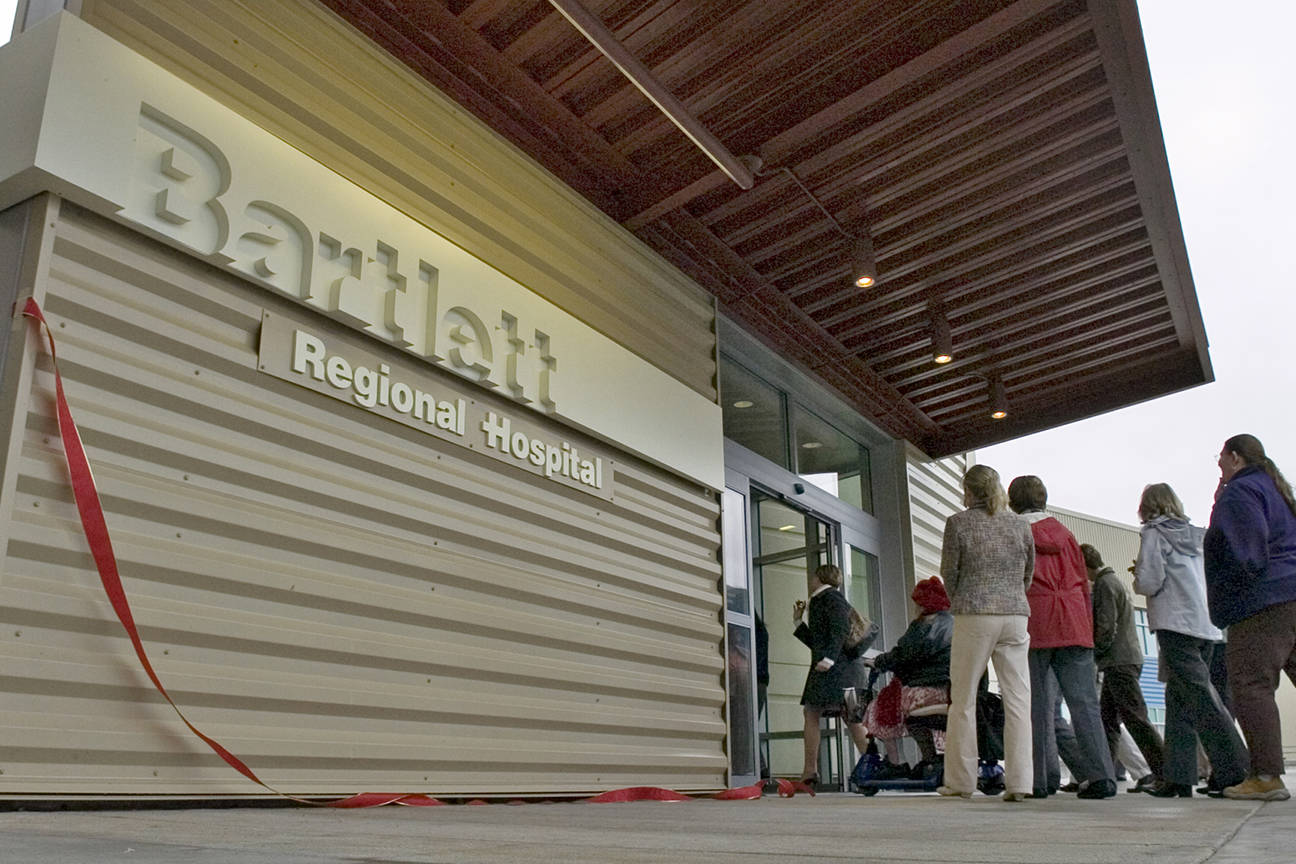This is the last part of a three-part series on how first responders, Coast Guardsmen and the medical community in Juneau treat tourists aboard cruise ships who become sick or injured while visiting. See part one and two here.
Once a sick or wounded tourist is medevacked from a moving ship, rescued from a mountainside or wanders unaided to the emergency room at Bartlett Regional Hospital, it’s business as usual for the doctors and nurses there.
Usually.
“Once they’re brought to the ER, they’re evaluated like any other patient,” said BRH chief nursing officer Rose Lawhorne. “We’ll assess them immediately. We’ll do so according to our standards of care.”
The difficulty can begin if the casualty in question is from a different country. That’s a common occurrence in a city that draws more than a million tourists annually.
“Where we may see the challenges is if they’re patients from out of country who need a higher level of care,” Lawhorne said. “The disposition of these patients depends on where they’re from, what insurances they have and what condition they have.”
Roadless Rollback? Dunleavy and Trump eye Tongass National Forest
All patients are treated to Bartlett’s high standard of care, Lawhorne said. But getting them back on the ship — or home, if their condition is serious — can be difficult.
Patients who have suffered especially severe trauma cases will go to Harborview Medical Center in Seattle, which offers the highest level of specialist care in the region for critical injuries.
“We try to help facilitate getting them back to their home,” Lawhorne said.
In cases where the patient is going to have to receive long-term care, it’s best to get them to their final destination, rather than possibly exacerbating the injury or leaving an illness untreated, said Lawhorne.
“If they’re gonna be at sea for 10 days, they have a fracture that requires a surgery, they’re not going to be allowed back on ship,” Lawhorne said, giving an example of a case when a passenger would not be allowed back aboard.
Passengers with noncritical conditions that nevertheless might have secondary complications are often dissuaded from returning aboard ship, especially if the vessel will be out of range of easy assistance from shore-based rescue.
Alaska boating deaths up for third year in a row, according to a Coast Guard report
“They might be going across the Gulf. They might not have a stop for three days. You don’t want to tempt fate too much,” said Ryan Huff, Juneau manager for Cruise Line Agencies of Alaska, a go-between for cruise ship companies and organizations in towns the ships are visiting.
CLAA also helps liaise between hospitals, unwell passengers, and the ships themselves. The organization lets passengers know how to get help, what to bring if they’re going to be stuck in a town over night, how to rejoin the ship or how to get home, said Huff.
“We do not make determination of whether they’re allowed back on ship,” Lawhorne said. “That is solely owned by the ship.”
• Contact reporter Michael S. Lockett at 523-2271 or mlockett@juneauempire.com.

